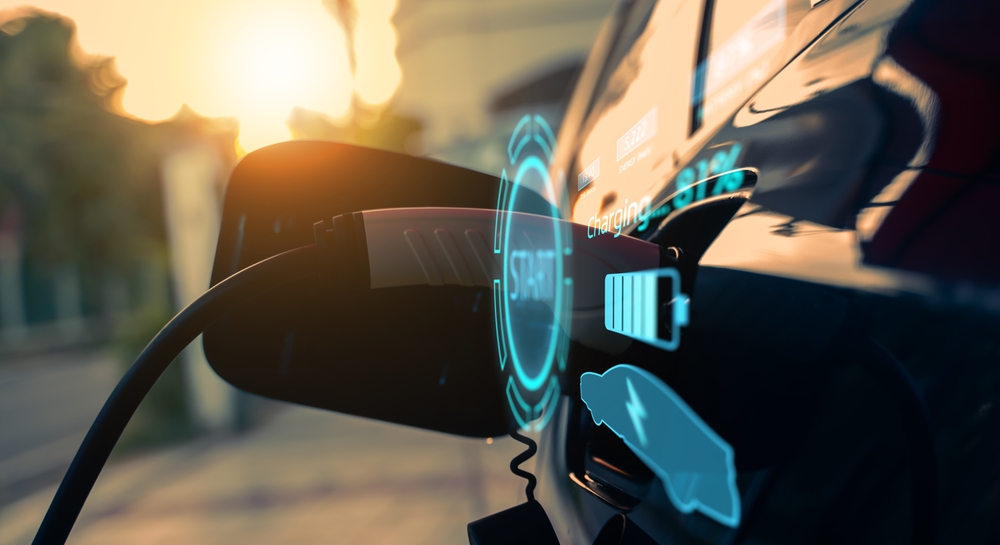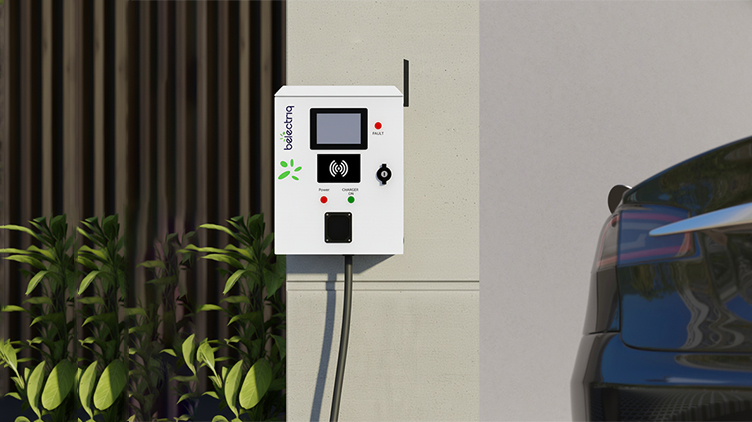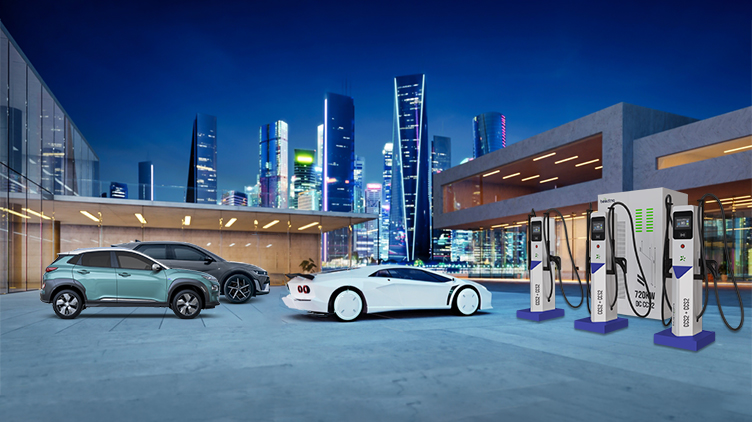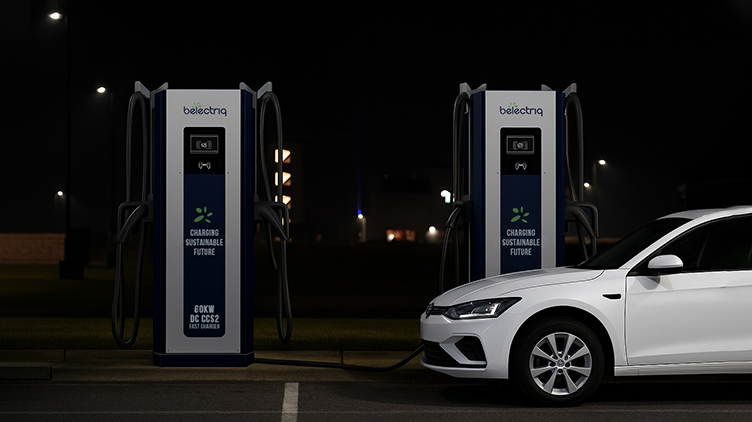Q1: What is a Smart EV Charger?
A smart EV charger goes beyond simply filling your EV battery. It brings connectivity, automation, energy efficiency, and future-ready features that make charging easier, cheaper, and more sustainable.
Q2: How does connectivity make an EV charger smart?
A smart charger connects via Wi-Fi, 4G/5G, or Ethernet to a mobile app or cloud platform. With this, you can:
- Start or stop charging remotely
- Schedule charging during cheaper off-peak hours
- Monitor real-time power usage and cost
This gives you full control and convenience while ensuring efficient charging.
Q3: What is load balancing and why is it important?
Smart chargers are grid-aware. They adjust charging speed based on your home’s total electricity use to avoid overloading circuits. They also respond to grid demand — slowing charging during peak hours and speeding up when renewable energy is abundant. This protects your home’s electrical system and supports a healthier grid.
Q4: Can a smart EV charger save me money?
Yes. Smart chargers support time-of-use scheduling, allowing you to charge during off-peak hours when electricity is cheaper. Over time, this can lead to significant cost savings.
Q5: Do smart chargers work with renewable energy?
Absolutely. If you have solar panels or home batteries, a smart charger can prioritize charging your EV when solar production is high. Some advanced chargers even support Vehicle-to-Grid (V2G), enabling your EV to send power back to your home or the grid when needed.
Q6: What role do open standards like OCPP and ISO 15118 play?
- OCPP (Open Charge Point Protocol): Ensures compatibility with multiple charging networks.
- ISO 15118: Enables secure Plug & Charge, where your EV automatically authenticates and pays without apps or RFID cards.
These open standards future-proof your charger and make it more flexible.
Q7: What kind of insights and updates do smart chargers provide?
Smart chargers offer:
- Detailed session reports (kWh used, cost, charging time, carbon savings)
- Real-time alerts for overheating, faults, or cable disconnections
- Over-the-air firmware updates, ensuring your charger always has the latest features
Q8: Should I invest in a smart EV charger?
Yes — a smart charger is more than a convenience tool, it’s an investment in savings, efficiency, and sustainability. Look for models that offer OCPP, ISO 15118, V2G readiness, and renewable integration to stay future-ready.
Final Thoughts: A truly smart EV charger combines remote control, automation, renewable integration, and open standards, making your EV charging setup efficient today and prepared for tomorrow.





Leave a Reply